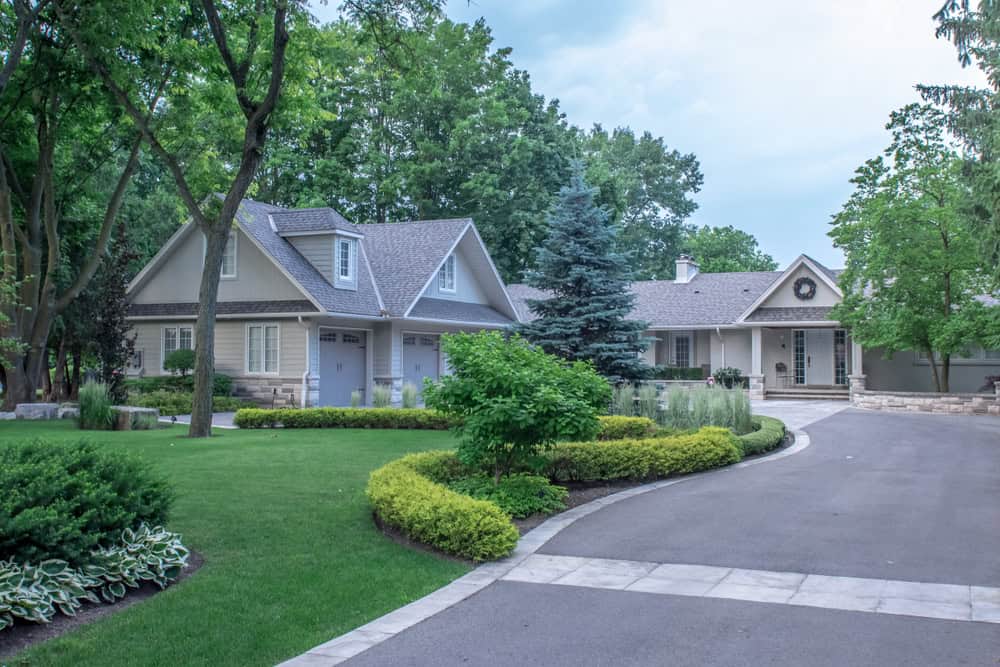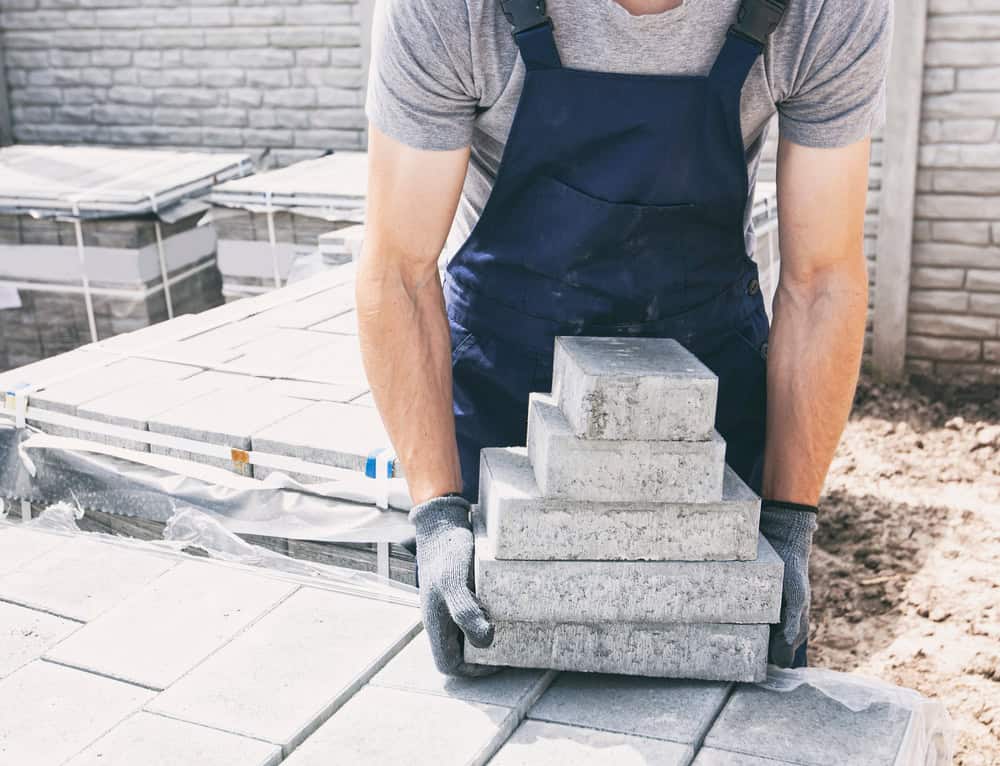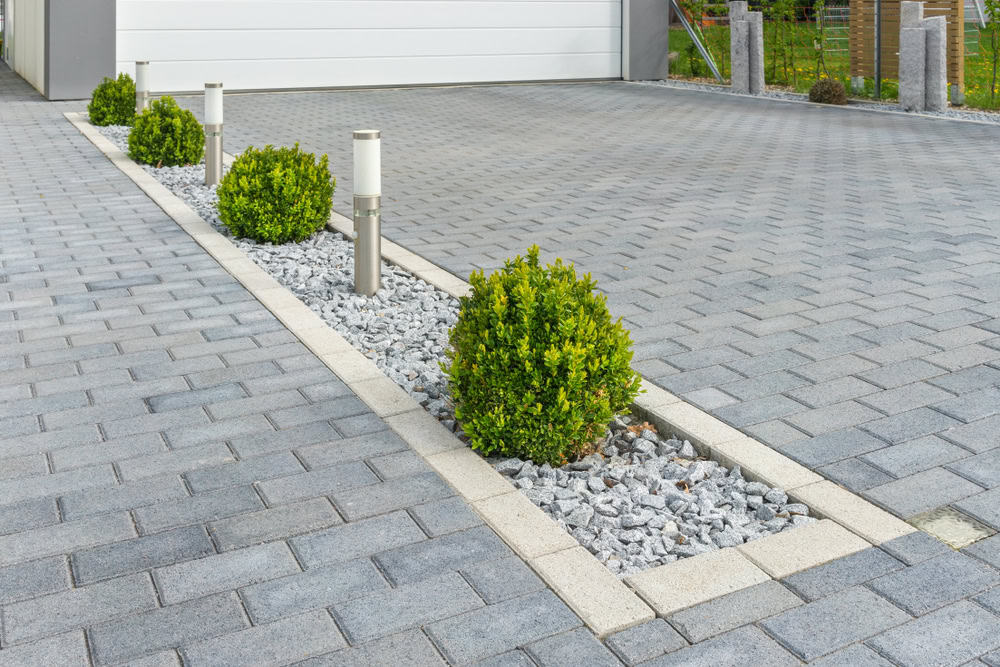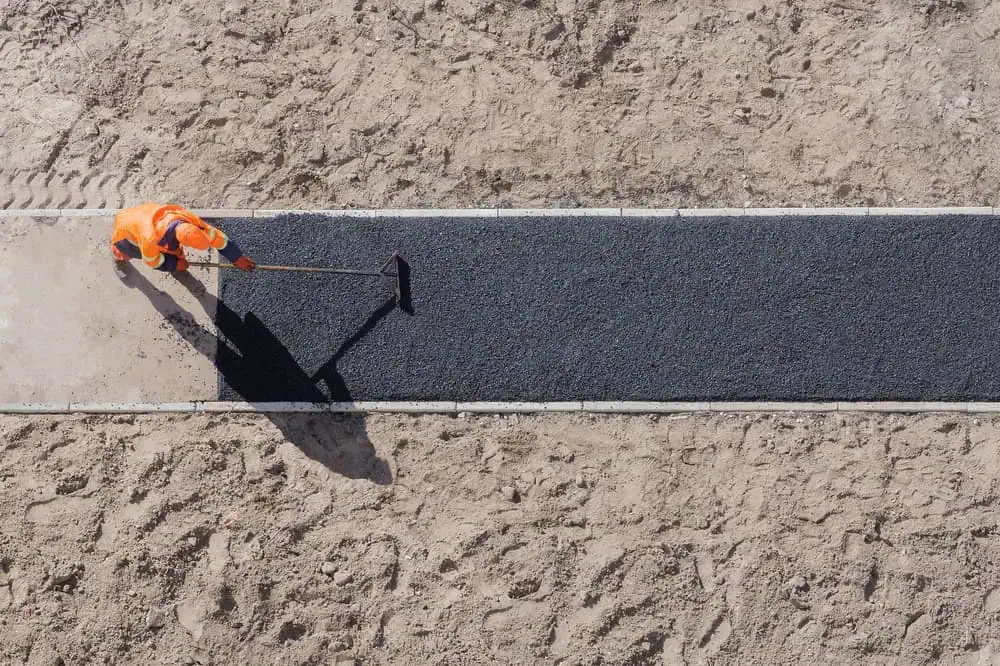Professional paver installation that enhances your property value and creates the outdoor space you’ve always wanted.


You want an outdoor space that looks great and stays that way, not one that sinks after the first winter or turns into a puddle every time it rains.
Quality paver installation means solid base prep, proper grading, and materials that stand up to New England’s freeze-thaw cycles. The result? A patio or walkway that keeps its beauty and function for decades, not just a few seasons.
When it’s built right from day one, you’re not chasing down repairs or dealing with replacements. You’re out there enjoying your space, not worrying about who’s going to fix it next.
We’ve been handling paver installations throughout West Concord and the surrounding areas for years. Our paving contractors understand the local soil conditions, drainage challenges, and what materials work best in this climate.
Every project starts with proper site evaluation. We know which areas need extra base preparation and how to handle the clay soils common in this region. This isn’t guesswork—it’s years of hands-on experience right here in your neighborhood.
You’re not getting a contractor practicing on your property. You’re hiring someone who’s handled these installation challenges before and knows how to get it right the first time.

First, we evaluate your site and discuss your vision. We measure the area, check drainage, and identify any potential challenges before providing a detailed estimate.
Next comes excavation and base preparation. This is where most problems start if isn’t done right. We excavate to the proper depth, install the right base materials, and ensure proper compaction and grading for drainage.
Then we install your pavers according to the design, making sure everything is level and properly spaced. We finish with edge restraints and joint sand to lock everything in place. The result is a paver installation that looks professional and performs for decades.

Ready to get started?
Every paver project includes complete site preparation, proper base installation, and professional-grade materials. We handle permits if needed and ensure the work meets local codes and standards.
You get detailed project planning, quality pavers from established suppliers, and installation that follows industry best practices. We also include cleanup and a walkthrough to make sure everything meets your expectations.
West Concord’s weather demands proper installation techniques. We use the right base depths, proper drainage slopes, and installation methods that prevent the settling and shifting issues common with rushed or inexperienced work. Your investment stays protected.

Local Resources